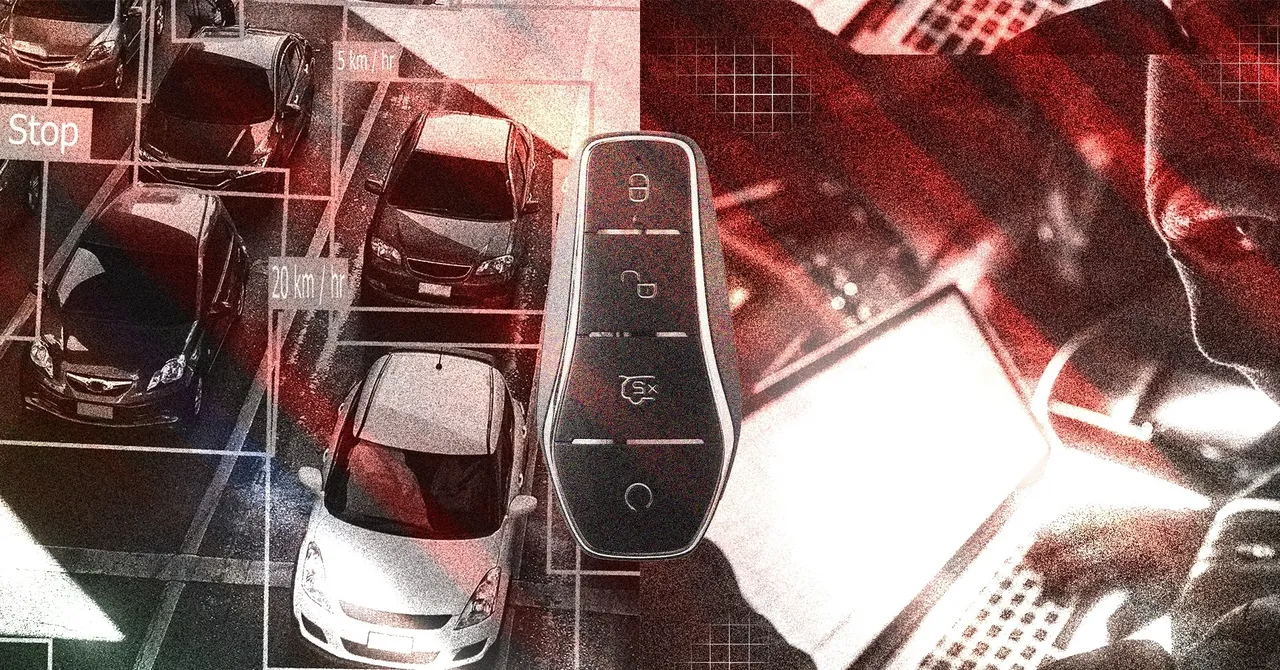As the automotive industry moves toward increased automation, the FBI has issued a warning about the potential dangers of fully autonomous vehicles, cautioning that they could be hacked and turned into “lethal weapons.”
A report from the FBI’s Strategic Issues Group, highlighted the significant impact that self-driving cars could have on both law enforcement and criminals, stating that autonomous vehicles “will have a high impact on transforming what both law enforcement and its adversaries can operationally do with a car.”
The potential threats posed by self-driving cars are wide-ranging and open to speculation.
The Guardian pointed out that passengers inside an autonomous vehicle could fire weapons from the window while making an escape something already possible in traditional vehicles.
However, additional risks could include terrorists using self-driving cars to transport explosives or hackers taking control of an autonomous vehicle to cause destruction, damage property, or target pedestrians.
The FBI report also emphasized that automation could make it easier for criminals to evade capture.

Unlike human drivers who might struggle with complex maneuvers, self-driving cars could execute difficult tasks such as three-point turns with precision and speed, eliminating traditional moments of vulnerability in high-stress situations.
At the same time, the FBI suggested that law enforcement could also benefit from self-driving technology.
The report noted, “surveillance will be made more effective and easier, with less of a chance that a patrol car will lose sight of a target vehicle.
In addition, algorithms can control the distance that the patrol car is behind the target to avoid detection or intentionally have a patrol car make opposite turns at intersections, yet successfully meet up at later points with the target.”
One of the report’s end was a projection that self-driving cars would likely receive congressional approval and become available for public use within five to seven years.

